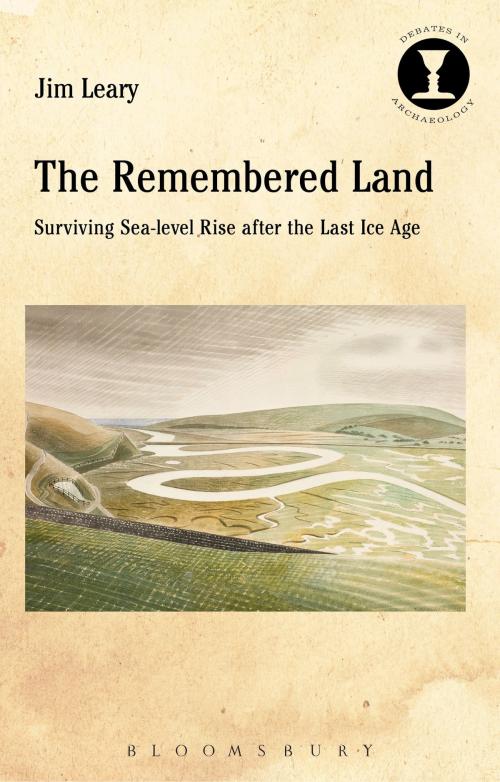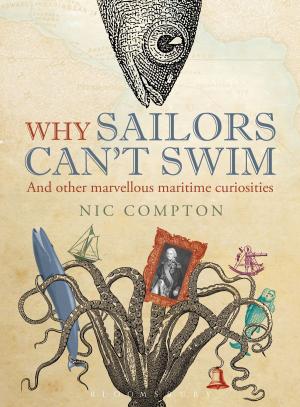The Remembered Land
Surviving Sea-level Rise after the Last Ice Age
Nonfiction, Science & Nature, Nature, Fish & Ocean Life, Oceans & Seas, Social & Cultural Studies, Social Science, Archaeology, History| Author: | Dr Jim Leary | ISBN: | 9781474245920 |
| Publisher: | Bloomsbury Publishing | Publication: | October 22, 2015 |
| Imprint: | Bloomsbury Academic | Language: | English |
| Author: | Dr Jim Leary |
| ISBN: | 9781474245920 |
| Publisher: | Bloomsbury Publishing |
| Publication: | October 22, 2015 |
| Imprint: | Bloomsbury Academic |
| Language: | English |
How did small-scale societies in the past experience and respond to sea-level rise? What happened when their dwellings, hunting grounds and ancestral lands were lost under an advancing tide? This book asks these questions in relation to the hunter-gatherer inhabitants of a lost prehistoric land; a land that became entirely inundated and now lies beneath the North Sea. It seeks to understand how these people viewed and responded to their changing environment, suggesting that people were not struggling against nature, but simply getting on with life – with all its trials and hardships, satisfactions and pleasures, and with a multitude of choices available. At the same time, this loss of land – the loss of places and familiar locales where myths were created and identities formed – would have profoundly affected people's sense of being. This book moves beyond the static approach normally applied to environmental change in the past to capture its nuances. Through this, a richer and more complex story of past sea-level rise develops; a story that may just have resonance for us today.
How did small-scale societies in the past experience and respond to sea-level rise? What happened when their dwellings, hunting grounds and ancestral lands were lost under an advancing tide? This book asks these questions in relation to the hunter-gatherer inhabitants of a lost prehistoric land; a land that became entirely inundated and now lies beneath the North Sea. It seeks to understand how these people viewed and responded to their changing environment, suggesting that people were not struggling against nature, but simply getting on with life – with all its trials and hardships, satisfactions and pleasures, and with a multitude of choices available. At the same time, this loss of land – the loss of places and familiar locales where myths were created and identities formed – would have profoundly affected people's sense of being. This book moves beyond the static approach normally applied to environmental change in the past to capture its nuances. Through this, a richer and more complex story of past sea-level rise develops; a story that may just have resonance for us today.















